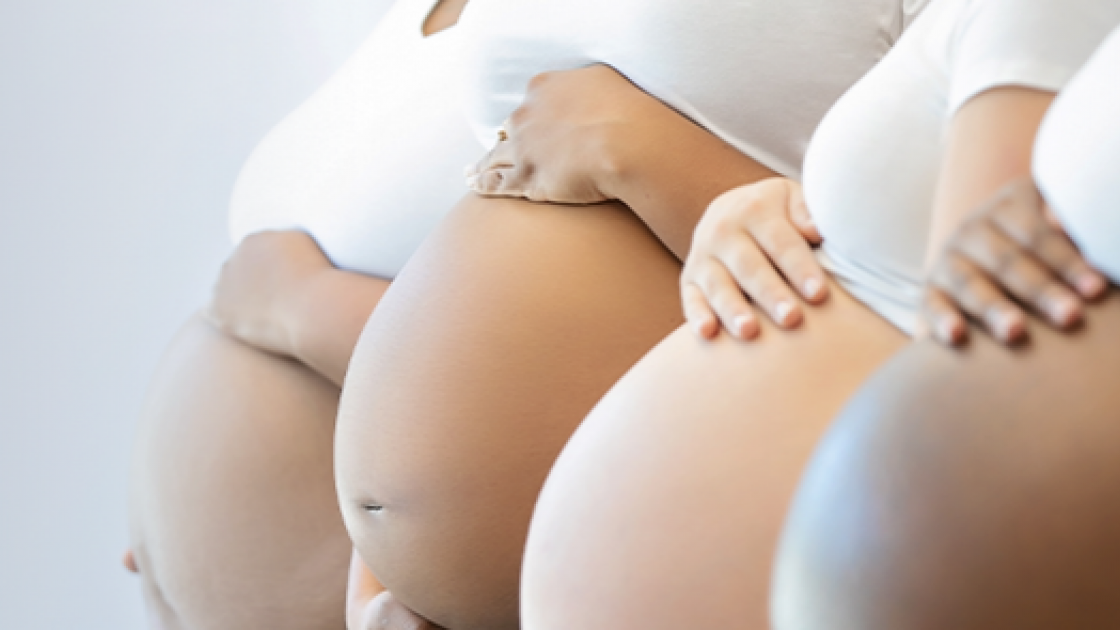
COVID-19 Vaccination and Pregnancy
Frequently Asked Questions
Are pregnant and breastfeeding women allowed to get the COVID-19 vaccine?
Yes. The Center for Disease Control (CDC), the American College of Obstetricians and Gynecologists (ACOG, the primary professional society of US OB/GYNs), the Society for Maternal Fetal Medicine (SMFM), and the American Society for Reproductive Medicine (ASRM) have all recommended offering the COVID-19 vaccine to women who are trying to get pregnant, currently pregnant or breastfeeding.
It is important for pregnant women to be given the chance to get vaccinated in part because pregnant women are at higher risk for severe COVID-19 infection relative to non-pregnant women. Pregnant women with COVID-19 are more likely to be admitted to the ICU, need a ventilator, and die relative to non-pregnant women.
Clinical trials showed that the COVID-19 vaccines that are currently available provide 94% protection against COVID-19.
Is it safe to get a COVID-19 vaccine during pregnancy?
While pregnant women were excluded from the clinical trials investigating the currently available COVID-19 vaccines, the risk of COVID-19 vaccination during pregnancy is likely to be low. The COVID-19 vaccine is an mRNA vaccine, meaning that the vaccine instructs your body’s cells to temporarily produce a small protein from the COVID-19 virus so that your body will produce an immune response to protect you against future infection. Because the vaccine doesn't contain live virus, there is no risk of you or your baby getting infected with COVID-19 from the vaccine, nor virus incorporating into your DNA.
There are multiple vaccines that are routinely given to pregnant women (including the Tdap vaccine, the flu vaccine, and the hepatitis B vaccine) and none of these vaccines have been associated with harmful effects on pregnant women or their developing baby. In fact, most vaccines that don't contain a live virus can be given to pregnant women and most vaccines actually provide some protection to your baby after birth.
While the clinical trials were meant to exclude pregnant women, there have been a handful of pregnant women who were vaccinated during the trials because they didn't know they were pregnant at the time they got the vaccine. So far, there have not been any harmful effects from vaccination on these women or their pregnancies.
Is it safe to get a COVID-19 vaccine while breastfeeding?
Breastfeeding women were not included in the clinical trials of the currently available COVID-19 vaccines. However, breastfeeding women are considered eligible for all currently available vaccines (besides the smallpox vaccine). Breastfeeding women are even able to receive many vaccines that are not given to pregnant women (such as vaccines that contain a weakened live virus as well as the HPV vaccine). The COVID-19 vaccine would not be expected to have any harmful effects on a breastfed newborn.
Does the COVID-19 vaccine affect fertility?
Available data indicate that COVID-19 vaccines do not cause infertility in women or men. In the research studies leading to the approval of the vaccines, a similar number of women conceived after receiving the vaccine as those who received the placebo. No effects were noted in either group. There were some unfounded rumors that the vaccine affects the way the placenta develops. The coronavirus’s spike protein and syncytin-1 (protein that mediates placental cell fusion) share small stretches of the same genetic code but are otherwise completely different in structure. The vaccine does not induce an immune reaction against the syncytin-1 placental protein. mRNA vaccines are taken up rapidly by muscle cells at the injection site and the mRNA is degraded in the cell once the protein is made so it does not cross the placenta. COVID-19 vaccination is recommended for women who are contemplating pregnancy or who are pregnant in order to minimize risks to themselves and their baby. For more information, please watch the YouTube video at https://youtu.be/Awjr2TG1v-s
